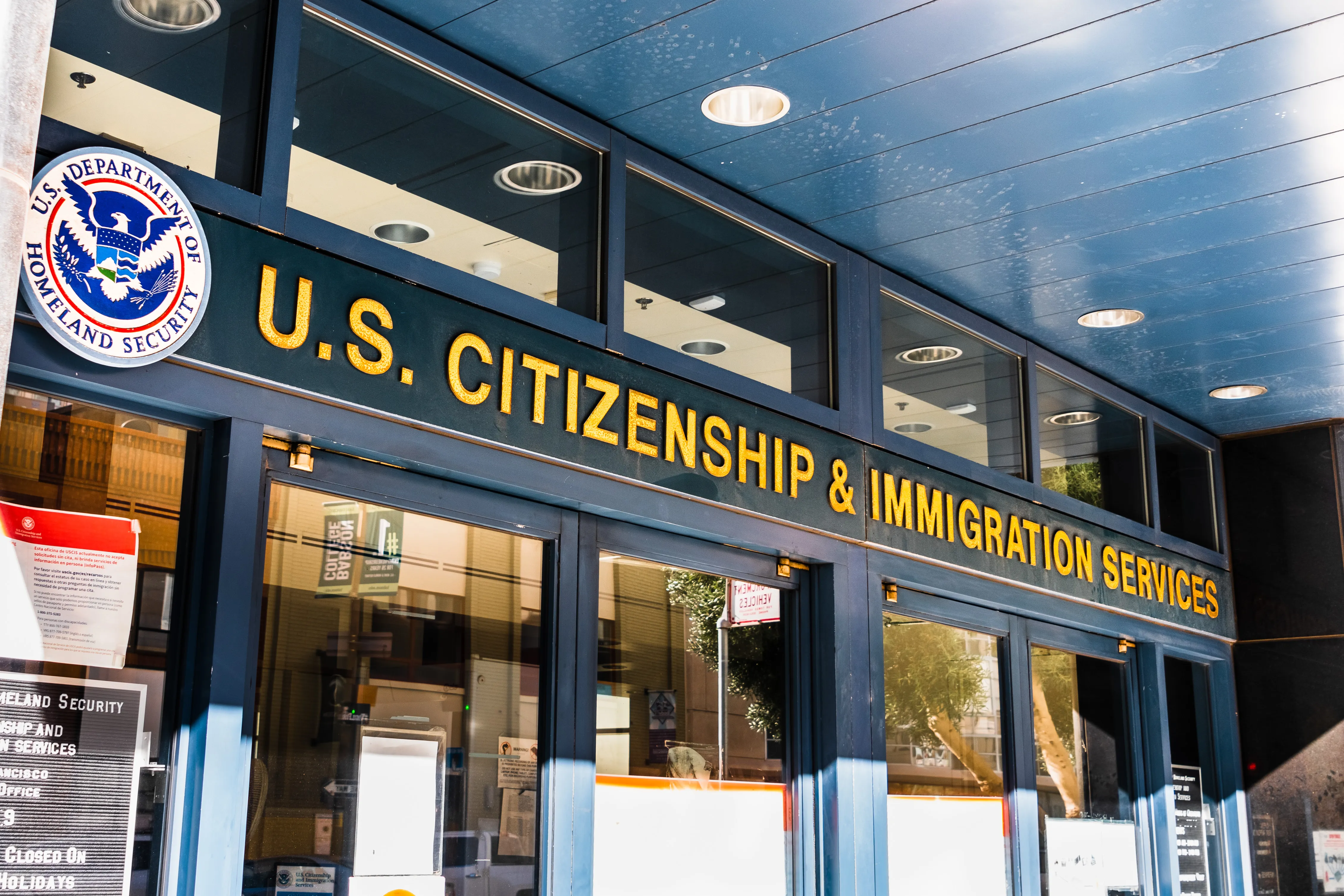
Daily Audio Newscast - April 8, 2025
© AlexLMX - iStock-823000260
Six minutes of news from around the nation.
Supreme Court temporarily blocks order requiring return of wrongly deported migrant; 1000 Women Strong outlines 2025 vision for Black women in GA; MT 'news map' shows rural regions lose; Black residents in IL eight times more likely to be homeless.
Transcript
The Public News Service Daily newscast for April the 8th, 2025.
I'm Mike Clifford.
Chief Justice John Roberts Monday temporarily blocked a trial judge's order directing the U.S. to return a Salvadoran migrant it had inadvertently deported.
That's the New York Times.
They report the Chief Justice acting on his own issued an administrative stay an interim measure meant to give justices some breathing room while the full court considers the matter.
The federal district judge in the case in Maryland, Paula Zenas, said the administration committed a grievous error that shocks the conscious by sending Garcia to a notorious prison in El Salvador last month.
Next to Georgia, where a civic engagement group is weighing in on the state of black women and the path forward as the nation faces major changes.
1000 Women Strong recently held its virtual 2025 state of black women event highlighting the key issues facing black women and how the organization is building solutions.
The group operates through three arms, one of which centers on voter engagement.
Shakia Cherry Donaldson heads the group and says that in 2024, they engaged more than a half a million black women and helped convert 10 percent into first time voters.
But in Georgia, she says the need looks different.
Over 90 percent of black women in Georgia are registered to vote.
Does that mean over 90 percent of black women in Georgia do vote?
No.
So Georgia doesn't have a specific voter registration gap.
They have a voter engagement and mobilization gap.
She says the group is focused on making sure voters in the state feel informed, have valid IDs and are empowered to turn out.
This year, they plan to reach nearly 600,000 potential voters across 10 states.
Shantia Hudson reporting.
And local news outlets across the nation are folder or being consolidated by larger media companies.
A Montana study shows the trend disproportionately impacts rural communities.
Access to local news increases engagement and accountability in communities and among residents.
A study from LOR, an advocacy group for rural communities in the Mountain West, took stock of Montana and found half of the state's counties contain just a single news producer.
Those 28 counties are the more rural ones, home to only 14 percent of the population.
Daniel Reed is a research analyst for the LOR Foundation who says data drives actions.
Rural places are often the places that are most underrepresented.
They're the places that are most likely to be a local news desert.
Of Montana's 230 outlets that create or curate news, 81 are owned by a national corporation, 61 by a statewide corporation, 71 by a local organization or person, 13 have a nonprofit model, and four are public media.
I'm Kathleen Shannon.
This story was produced with original reporting from Alana Newman for the Daily Yonder.
This is public news service.
Black residents in the state of Illinois are almost eight times more likely to be homeless than white people with the lack of livable wages and affordable housing among the primary drivers.
Researchers from the University of Illinois, Chicago say homelessness is an issue of equity with blacks disproportionately represented across the state.
Rent burdens and economic hardship are both driving factors.
In 2022, about 63 percent of black renters spent more than 30 percent of their paycheck on housing.
Sharma St. Louis, with the National Black Workers Center, experienced homelessness in the winter of 2011.
Even though she was working full-time, she says she couldn't afford to pay for housing and basic needs for her and her family.
I felt like I was doing everything right.
You can do everything right and still end up in a place where you don't have a home because the system is failing us.
One in four black residents is living in poverty in Illinois, and one in seven is in deep poverty.
St. Louis says the Trump administration's dismantling of DEI efforts will only further compound matters.
I'm Judith Ruiz, Branch, reporting.
Next to Indiana, where food banks are bracing for a major disruption, that is the U.S.
Department of Agriculture suspends $500 million in food deliveries nationwide.
The cut threatens critical resources for families facing hunger across the state.
Emily Weikert-Bryant, with Feeding Indiana's Hungry, says one in eight Hoosiers struggles with food insecurity.
She says the Emergency Food Assistance Program, or TFAP, is helping to fill the gap in the state.
They did also recently announce the approval of $261 million of Section 32 bonus commodity purchases of fruits, vegetables, and tree nuts that would be distributed through TFAP.
The USDA's action follows $1 billion in cuts to two federal food programs by the Trump administration.
Weikert-Bryant says with fewer government resources, food banks must now find new ways to fill the gap.
Joe Ulari, Public News Service.
Finally, April is Second Chance Month, with extra focus on helping people with a criminal past keep from becoming repeat offenders.
Recent survey findings from the social issues firm Fenton Communications show a majority of Americans think violent crime rates for youth are on the rise.
But in a forum hosted by the Annie E. Casey Foundation, Fenton's Jennifer Hahn said those numbers have actually been going down, with the exception of isolated pockets.
There still is this very sticky belief that punishment works.
Hahn suggests those beliefs muddy the conversation about pushing ahead with effective interventions.
I'm Mike Moen.
This is Mike Clifford for Public News Service, member and listener supported.
Hear us on interesting radio stations, your favorite podcast platform.
Find our content and trust indicators at publicnewsservice.org.
















